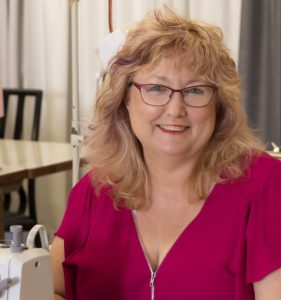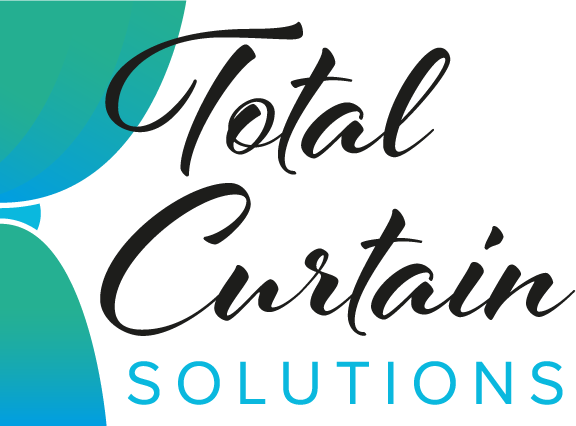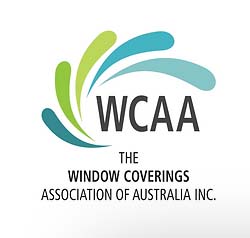It is widely recognised that the fashion and furnishing textiles industries contribute significantly to global pollution, encompassing resources used in cultivating materials like cotton, the dyeing process, and the substantial waste sent to landfills. There is a pressing need for change in various aspects of these industries. As a distributor of furnishing textiles and one of our suppliers, Zepel acknowledges its relatively small global impact on pollution but recognises the importance of playing a local role in fostering a more sustainable industry.
Textiles play a crucial role in modern living, providing protection for our homes and bodies, ensuring privacy, soundproofing spaces, and bringing joy through creative expression. These factors contribute to a high standard of living, adding value and beauty to our homes and lives.
TRAKS TEXTILES RECYCLING PROGRAM
In late 2021, the James Dunlop Group officially partnered with TRAKS, a collaboration between Textiles Recyclers Australia and Karie Soehardi Consultancy. TRAKS is actively collaborating with textile brands like Sheridan to redirect 30 tonnes of textiles from landfills annually. By supporting the recycling and repurposing of textiles through their depots in Victoria and New South Wales, TRAKS provides employment opportunities in both Australia and abroad.
CREATING A CIRCULAR ECONOMY
Textile recycling is a pivotal step in transitioning from a linear to a circular economy, considering the ‘end of life’ in product design. As a ‘profit for purpose’ business, TRAKS identifies ethical and production issues within the textiles industry that need attention as linear models become unsustainable.
TRAKS is actively working to build a circular economy within the furnishings industry to ensure that future generations do not bear the environmental consequences of overconsumption in developed countries. By creating recycling solutions, waste can be transformed into a resource, reducing the environmental impact of production.
WHAT CAN BE RECYCLED?
Synthetic fibers, constructed from plastics, take centuries to break down and release harmful chemicals into the soil during biodegradation. Natural fibers also struggle to break down efficiently in landfills due to contaminants and lack of airflow. The current pilot stage of the textile recycling program is limited to natural, synthetic, and blended fibers, with future hopes of including materials like leather, vinyl, and fabrics with metallic weaves.
RECYCLED AND REPURPOSED YARNS
Textile waste is collected by the James Dunlop team at their Melbourne and Sydney locations before being transported to TRAKS’s sorting facility. The textiles are then sent to TRAKS’s partner mills in India, where they are shredded, washed, and rewoven into yarn. The bales and containers of textile waste undergo documentation before and after export and will be subject to external audits once the program is running commercially.
As of February 2022, TRAKS has collected 148 kgs of recyclable textiles from James Dunlop’s Sydney offices, with the Melbourne offices and warehouse awaiting collection. By repurposing these textiles, the initiative envisions a shift in the perception of waste and aims to contribute to building a sustainable, profitable, and future-proof circular economy.
Talk to us today about how we can incorporate environmentally sustainable products in your next project.



